Lesbian Dictionary
How to say lesbian
One of the most important parts of the Moscas de Colores project is the creation of a dictionary with the majority of the words and expressions used to attack sexual diversity, formed by a Gay Dictionary, a Lesbian Dictionary and an LGBT Glossary.
The Lesbian Dictionary is composed of 23 dictionaries corresponding to each of the compiled languages, with more than 350 terms and expressions that speak of sex and love between women, and that sometimes also speak of bisexual women and transgender people.
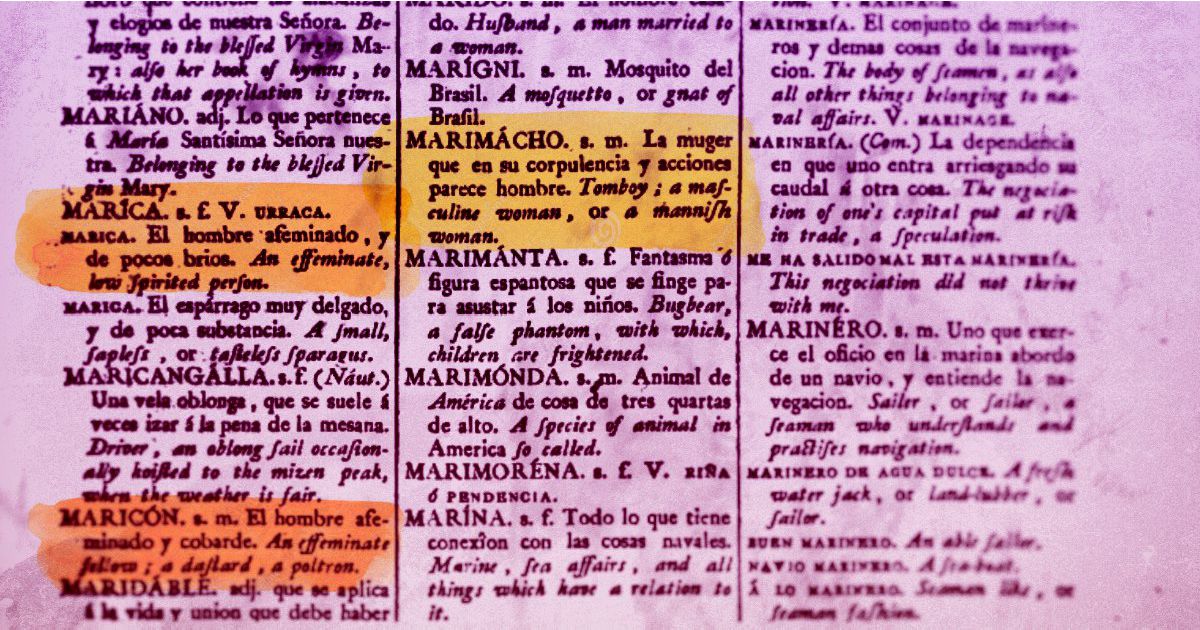
Marimacho is a word that we explain in the Lesbian Dictionary
The making of the Lesbian Dictionary
Our dictionaries are not a mere collection of words compiled without rhyme or reason in the network and in printed texts. On the contrary, they are contrasted and subjected to debate on their use, meaning, and origin. In some dictionaries, this turns out to be easier than in others, due to the language and culture itself. In others, though, the task is almost impossible. However, the most remarkable feature of the lesbian dictionary is the least amount of words and expressions in relation to the gay dictionary. This is linked to the social conception of women’s sexuality in the past, which was only procreative. This caused lesbians to be invisible in the eyes of society. So much so that, as a general rule, the first laws against homosexual behavior that were passed in its day, did not include lesbian sex, which also happened in the bible.
Objective of the lesbian dictionary
However, this task is always exciting, especially when, behind a word, we find a door to an unknown world that tells us the truth about the way things happened in a certain time. Thus, the words become fossil testimonies of a time and a society, as happens with the Polari, Karlianta and Lubunca jargons. Words express the way we relate to things that exist at a given time.
Because our aim with the gay and lesbian dictionary is not to make a collection of words, but to show that what we understand and think about the manifestations of sexual diversity is nothing more than a social construction, relative to a space-time period, which speaks of a human characteristic that is sexual diversity, the only thing that does not change. What is considered bad today was once normal, and viceversa, and it is about this reductionist process of women sexual potentiality, among other things, that words speak to us.
The variety of the lesbian dictionary
Some dictionaries, such as the Spanish, English or Italian ones are more extensive than others such as the Russian or Vietnamese. This is due to two reasons, on the one hand, our cultural closeness and on the other the ability and possibility of each culture to study and record their expressions in texts.
Use of lesbian dictionary
In our dictionaries we have compiled words belonging to many countries, some offensive, some curious. Please, know them, learn their meaning, but remember that those labels that we are given, those words, do not define us, they do not define you. These words and insults define those who use them, and the peoples and periods in which they originated.
The word lesbian
We start our lesbian dictionary, as is natural, with the word lesbian. Select any language on the side menu to learn more words.
Lesbian
It is the most universal way to name homosexual women, that is, women who show an inclination towards the erotic and emotional relationship with individuals of the same sex. The word has its origin in the name of the Greek island of Lesbos, where the poet Sappho lived in the 5th century BC. Her literature focuses on the beauty of women and the proclamation of her love for them. Derived from the poet's name are the terms sapphic and saphism, also synonyms of lesbian and lesbianism. Until the end of s.19, the word lesbian was used to name anything that came from the island of Lesbos, like Lesbian wine. It was from its use in a medical dictionary to define the tribadism, a sexual practice consisting of rubbing female genitalia with the genitalia of another woman, that the use of the word lesbian became widespread, first as a mental illness, and later, in the 20th century, as a positive term.
Variations
Unlike the word "gay", which is used without translation in many languages, the term "lesbian" does have translations, preserving in most languages the root "lesb" as in the case of: Lebbe (Danish), lesbijka (Polish), Lesbian (English), Lésbica (Portuguese) or Lezbejka (Serbian).
Classification
Since the very emergence of homophobia to the choice of the word "lesbian" as a positive term in the 20th century, all of the words used were pejorative expressions , which we can group in the following categories:
1) Sexual subject: as “vaibasööja” (Rug eater in Estonian) y “büchsenmasseuse” (vagina masseuse in German), o “tríbade” (Portuguese, referring to rubbing vaginas.)
2) On vice and prostitution: as are the french terms "gousse" and "gouine", currently meaning dyke, but that initially meant prostitute, since lesbian relationships were understood as sexual activity made by prostitutes. We can also talk of the German term "jubelhure" which literally means party whore.
3) Related to patriarchal masculinization: consisting attributing presumed male characteristics to female homosexuals; as the Spanish term “camionera” (female truck driver), the Norwegian word “traktorlesbe” that means tractor-lesbian, and “sapatão”, meaning big shoe, in Portuguese.
4) Euphemisms: including animal names, as "lepakko" (bat in Finnish) or “dragoner” (dragon in German); fruit names, as “ô môi” from vietnamese language (a fruit of the area) or “lemon” from australian English; and finally, object names as "onabe" and "pot" (pot in Japanese and Dutch respectively).
5) The concept of Crooked: the concept of crooked, devious, spoiled or defective is present in many languages, and has a special importance because of its relationship with the term “queer” that was agreed to refer, without rating, to any form of sexuality, idea that comes from revolutionary theory known as Queer Theory. In addition to the word “queer”, with the same concept, we have the Spanish term “tortillera”, that comes from “torta” (crooked) and “torcido” (twisted), and “obratna” in Bulgarian.
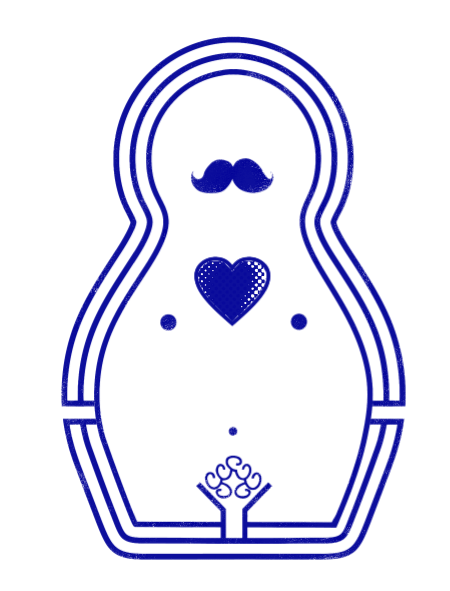

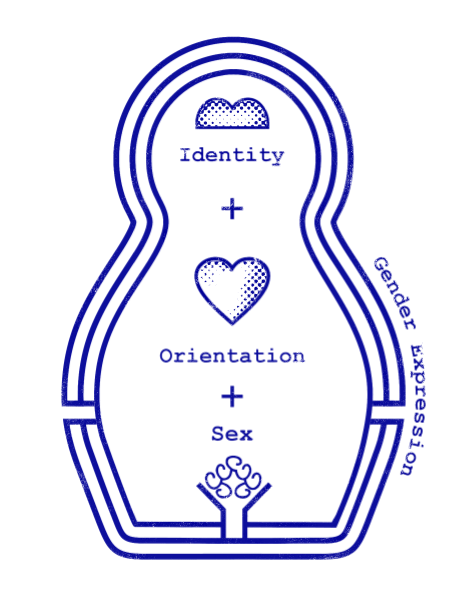
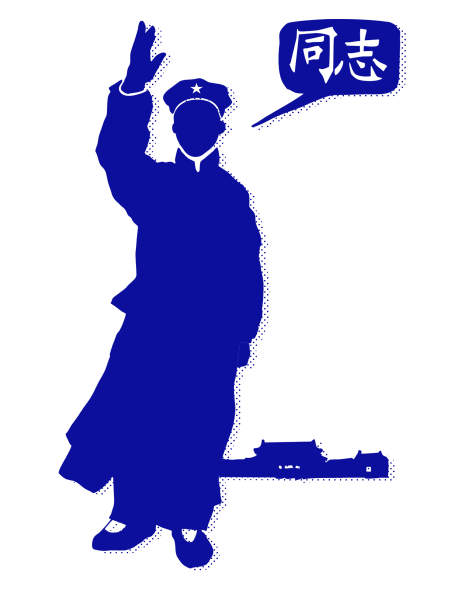
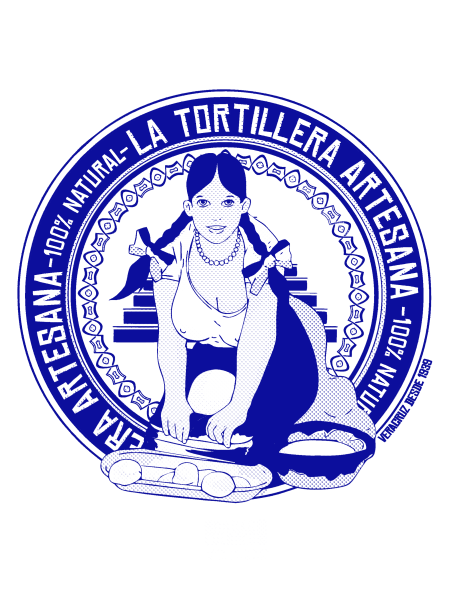
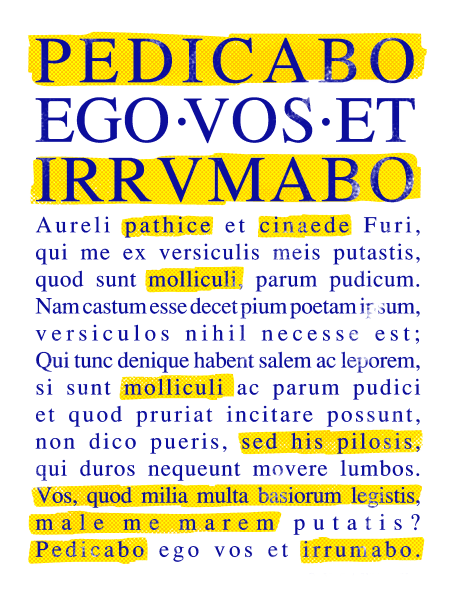

Can you help us with the Lesbian Dictionary?
You can do it in two ways, sending an email with some words you know, and also, spreading our work on your social networks.
Share it!